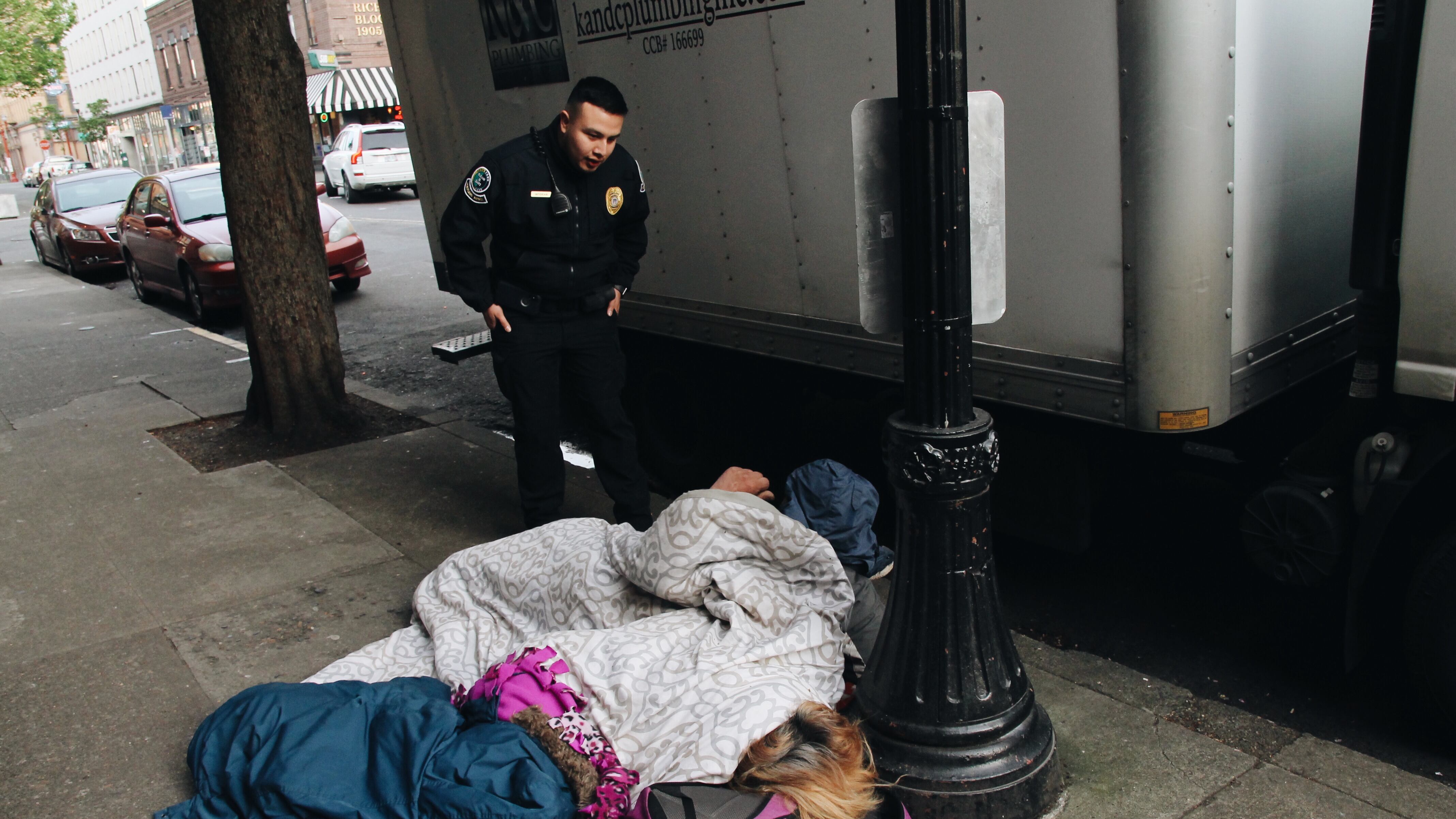A group of business interests announced today they are challenging the ballot title for the $250 million annual tax measure referred by the regional government Metro to fund homeless services.
The legal action is an unexpected development, given that the advocates pushing for the measure had worked closely with the local chamber of commerce, Portland Business Alliance, in developing the measure. (The PBA has not officially endorsed the measure but supported the decision to refer the measure.)
"Unfortunately, the downtown Portland business interests at the negotiating table didn't consider the cumulative impact of the exponentially growing number of state and local taxes that are borne by everyday Oregonians and business owners," says Joe Gilliam, president of the powerful Northwest Grocery Association, one of the petitioners for the ballot title, in a statement announcing the referral.
In announcing their technical challenge to the measure, the group, calling itself the Alliance for an Affordable Metro, argues that the tax on businesses will more than double the new corporate activities taxes passed by the state legislature last year.
The Metro measure would impose a 1 percent tax on the profits of any business doing more than $5 million in business. It would also tax high-income individuals. It would impose a 1 percent tax on any income for couples above $200,000.
"We cannot consider these new personal and business taxes in a vacuum," said Shaun Jillions, who leads a manufacturing trade association and is the other petitioner. "Any new tax must be considered based on the cumulative effect of taxation on the same dollar."
The challenge is significant because it signals that even if the ballot title issue fails to get traction in court, there will be organized and presumably well-funded political opposition.
The ballot title challenge focuses on the technicalities for the way the measure title and summary are worded. It asks Multnomah County Circuit Court to rewrite what voters will see on the May ballot.
The group raises the possibility they might additionally challenge the measure on other legal grounds, including that the business tax is preempted by state law.
Supporters of the measure said two local business groups, the PBA and Business for a Better Portland (which together represent 2,100 businesses), have worked closely with proponents of the measure. They also said the challenge did not indicate significant local opposition.
"This is neither the work of a meaningful coalition nor a Metro-based organization," said HereTogether campaign manager Angela Martin. "It is an alliance of irresponsible anti-tax forces who don't care about crafting a solution to homelessness because their work is in Salem. All they are announcing today is that they proudly have the ability to hire a lawyer and don't prioritize solving homelessness in Portland the way thousands of local businesses of all sizes do."
